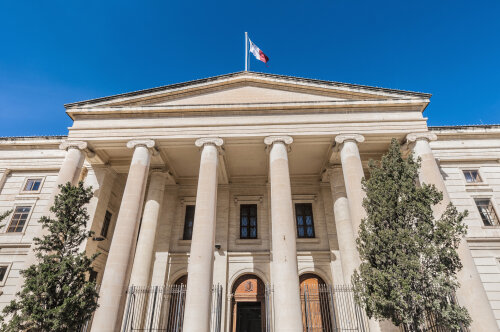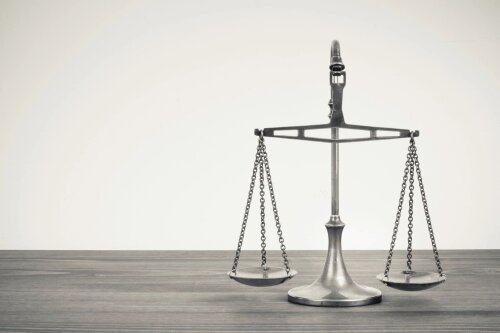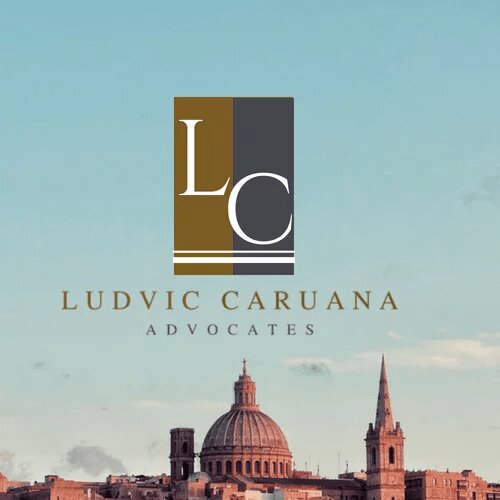Best Faith-Based Law Lawyers in Malta
Share your needs with us, get contacted by law firms.
Free. Takes 2 min.
Or refine your search by selecting a city:
List of the best lawyers in Malta
About Faith-Based Law in Malta
Faith-Based Law in Malta primarily revolves around the interaction between religious doctrines and civil legislation. Malta, having a predominantly Roman Catholic population, integrates certain elements of religious beliefs into its legal system, particularly in matters such as marriage, education, and family law. However, the Maltese legal framework recognizes the importance of ensuring that secular law maintains precedence, to uphold the equitable treatment of all faiths and personal beliefs. This delicate balance shapes various aspects of Faith-Based Law within the national legal context.
Why You May Need a Lawyer
There are several situations where legal assistance in Faith-Based Law may be required in Malta. Individuals may encounter legal complexities in matters such as marriage and divorce, where religious protocols may intersect with civil law regulations. Additionally, employment disputes involving religious accommodations, or issues surrounding religious discrimination, can necessitate expert legal guidance. Furthermore, navigating contentious issues like inheritance, religious freedoms in education, and compliance with civil regulations while maintaining religious practices may also call for legal expertise.
Local Laws Overview
In Malta, several local laws and regulations are particularly relevant to Faith-Based Law. For instance, marriage legality is often governed by both civil and religious considerations. Maltese Family Law requires compliance with civil marriage laws, even for those married in religious ceremonies. The Education Act allows for religious instruction in state schools, albeit within a framework that respects broader educational policies. Employees in Malta are also protected under Employment Law, which stipulates accommodations for religious practices, ensuring that such accommodations do not constitute undue hardship for employers.
Frequently Asked Questions
What is Faith-Based Law?
Faith-Based Law refers to legal matters that involve the intersection of religious beliefs and civil law. It includes family law, employment, and education aspects influenced by religious considerations.
Do I need to follow civil procedures if I am married in a religious ceremony in Malta?
Yes, marriages in Malta must be registered with civil authorities to be legally recognized, regardless of the religious ceremony.
How does Maltese law deal with religious discrimination in the workplace?
Maltese Employment Law protects employees from discrimination based on religion and mandates reasonable accommodations for religious practices, unless it causes undue hardship.
Are religious beliefs considered in Maltese custody cases?
While the primary focus in custody cases is the child’s welfare, the court may consider religious upbringing as part of the broader context impacting the child's best interests.
Can I opt-out of religious instruction in Maltese schools?
Yes, parents can request exemptions for their children from receiving religious instruction in state schools if it conflicts with their beliefs.
Is it possible to resolve Faith-Based Law disputes outside of court in Malta?
Yes, mediation and other alternative dispute resolution methods are available for resolving conflicts outside the courtroom.
How are inheritance laws influenced by religion in Malta?
While civil law primarily governs inheritance, some individuals choose to align their wills with specific religious practices.
What are my rights regarding religious attire in public spaces?
Civil laws protect your right to express religious beliefs, including wearing religious attire, provided public safety and security regulations are upheld.
Can religious organizations operate freely in Malta?
Yes, religious organizations can operate freely, but they must conform to Maltese laws related to non-profit operations, taxes, and public order.
Is there legal support in Malta for converts seeking recognition of faith conversion?
Faith conversion is a personal matter, and while it’s not legally regulated, support from religious communities, and legal documentation may be beneficial for recognition issues.
Additional Resources
For additional support in Faith-Based Law, the following resources and organizations may be of assistance:
- Ministry for Justice and Governance - Offers information on civil laws affecting religious matters.
- Archdiocese of Malta - Provides guidance on Catholic canonical issues.
- Equality Malta - An organization that promotes equal treatment and can provide assistance on religious discrimination matters.
- Family Court - Manages matters related to marriage and custody involving religious considerations.
Next Steps
If you require legal assistance in Faith-Based Law in Malta, it is advisable to consult with a professional lawyer specializing in this area. Start by identifying the specific issue you face, and gather any relevant documentation or evidence. Contact legal assistance services, such as the Chamber of Advocates in Malta, to help find a qualified lawyer. Engaging with community organizations that understand the intricacies of faith-related legal matters is also beneficial. Remember to verify the lawyer’s credentials and experience in handling Faith-Based Law matters to ensure comprehensive legal support.
Lawzana helps you find the best lawyers and law firms in Malta through a curated and pre-screened list of qualified legal professionals. Our platform offers rankings and detailed profiles of attorneys and law firms, allowing you to compare based on practice areas, including Faith-Based Law, experience, and client feedback.
Each profile includes a description of the firm's areas of practice, client reviews, team members and partners, year of establishment, spoken languages, office locations, contact information, social media presence, and any published articles or resources. Most firms on our platform speak English and are experienced in both local and international legal matters.
Get a quote from top-rated law firms in Malta — quickly, securely, and without unnecessary hassle.
Disclaimer:
The information provided on this page is for general informational purposes only and does not constitute legal advice. While we strive to ensure the accuracy and relevance of the content, legal information may change over time, and interpretations of the law can vary. You should always consult with a qualified legal professional for advice specific to your situation.
We disclaim all liability for actions taken or not taken based on the content of this page. If you believe any information is incorrect or outdated, please contact us, and we will review and update it where appropriate.
Browse faith-based law law firms by city in Malta
Refine your search by selecting a city.

















